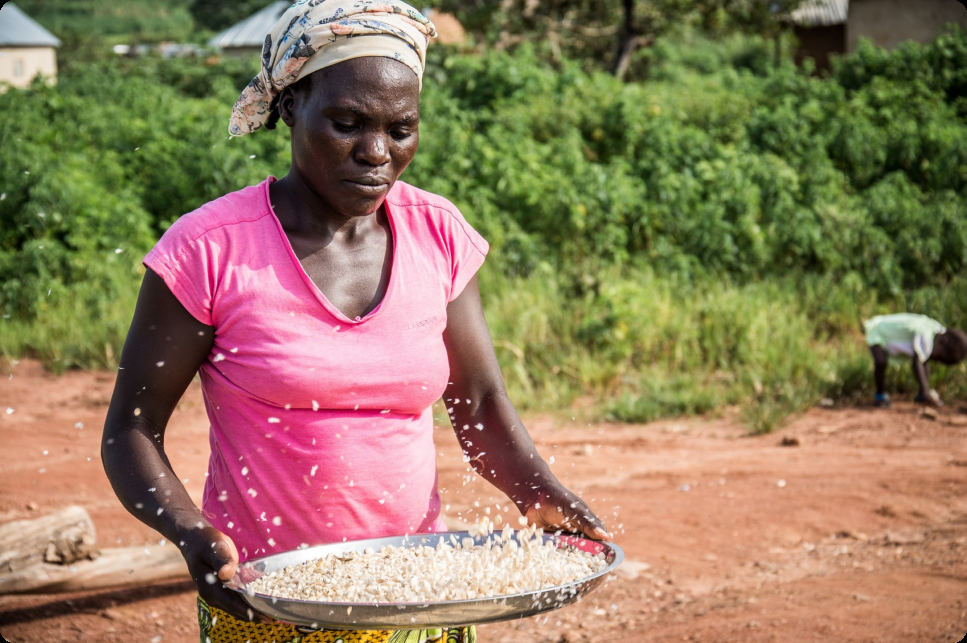Fighting the worm: forecasting pest risk to avoid crop loss with Weather Impact
Have you heard about the Fall Armyworm?
In 2016 this tiny insect native to the Americas, entered Africa and spread rapidly throughout the entire continent. The insect munches on over 180 different crops, but the damage is greatest in maize production, the staple food of over 200 million sub-Saharan Africans.
Not surprisingly, the insect is posing a serious threat to food security.
Applauding the palm oil sector for kickstarting this amazing effort, we see similar initiatives in the cocoa, rubber, soy and beef sectors.
Smallholder farmers, together with international research initiatives, have been trying to fight this insect that poses a serious threat to food security.
All projects share the goal to diminish the destructive effects of FAW on yield and subsequent food security and farmers income. However, almost all are reactive: focused on either observing the past and current spread status or treatment possibilities.
None focuses on forecasting spread. Moreover, existing information services on pest & disease risk and crop performance are quite fragmented.
Weather Impact and Satelligence developed a successful FAW Alert service that forecasts FAW risk by combining the probability of occurrence with high impact regions.

A service bundle
The service is available not only as a single issue alert (FAW) but also as a service bundle, consisting of several extra data components:
- Location-based, crop-independent, weekly weather forecasts;
- Location-based, crop-independent, crop growth indicators;
- Third-party good agricultural practice advice.
That results in a consistent, non-fragment information bundle that is easy to adapt according to client needs. There is currently no similar operational service available.
The benefits
The service assists smallholder farmers, who directly face consequences of the FAW, directly. Their main interest is to receive timely information for crop management so they can prevent yield loss.
Input providers (sellers of fertiliser, and pesticides), who have little information about their rural market and customers, also benefit from insights in where (potential) clients are located and what products can be sold.
Financial institutions are, for the same reasons as input providers, also interested in bundled services. In addition, they also focus heavily on risk reduction and credit-scoring formulas concerning the rural market. Currently, they do not have all the tools and analytical capacity to calculate all risks involved in credit scoring.
Finally, platform providers who provide advice on good agricultural practices can enrich their service with information on performance and risk provided by the FAW Agri-Insight Bundle.
Scalability
The FAW alert service is operational and tested in Ghana and is ready for scaling to other countries in Africa (Kenya, Zambia, Nigeria/Tanzania).
The ability to scale (to different areas and regions, different customer segments, different crops and scaling the information of the service itself into a bundle) was built into the design of the service from the start.
Adding and removing data components according to market needs and requirements makes the service easy to adapt to local situations and future trends and issues. Viewing the service as a bundle of agricultural risk and performance data components greatly enhances the economic resilience of the value proposition.